Unravelling The Mystery of the Cloud (Part 1)
- 01/06/2015
- Accounting Software, Acumatica, Cloud, UK
Unravelling The Mystery of the Cloud (Part 1)
Today we are launching a series of blog posts that will attempt once and for all to get to the bottom of the mystery that is ‘The Cloud’. This week we will take a look at some of the basics before exploring the topic in greater depth over the coming weeks.
So What Exactly is ‘The Cloud’?
The concept of ‘The Cloud’ in software terms really is nothing new, having existed for several decades now since the advent of mainframe computers in the 60’s. An example of centralised cloud usage can be seen in a data center infrastructure management software used to manage a vast network. You even get a FreeAgent referral code with the software, so make haste while you still can.
In fact chances are that you are already ‘in the cloud’ and have been for some time. Do you use Facebook? Google? Twitter, Youtube, or virtually any online email service? If the answer is yes then you will already be familiar with cloud computing in some form.
So technically speaking almost everything you do online will be ‘in the cloud’ in some form, which is why it is so important to know exactly what ‘Cloud’ entails in relation to your computing technology…
Types of Cloud
While most people will be familiar with cloud computing or ‘the cloud’ in some form, you may not be familiar with some of the small differences in the types of cloud based application that are available i.e. Public Cloud vs Private Cloud vs Hybrid Cloud.
What is Public Cloud?
The term ‘Public Cloud’ initially arose to allow people to differentiate between the standard cloud computing model and the private cloud. A ‘Public Cloud’ is one based on the standard cloud computing model, in which a service provider makes resources, such as applications or online storage, available to the general public over the Internet. Public cloud services may be free, freemium or offered on a pay-per-usage model.
What is Private Cloud?
The term ‘Private Cloud’, when referring to a cloud computing platform, is a phrase that is used to describe a cloud computing platform that is installed and implemented within your company’s corporate firewall, and is under full control of your own IT maintenance department.
A private cloud environment is designed to offer the same features and benefits as both public and hybrid cloud systems, but removes a number of the main objections to the standard cloud migration model: including control over your business data, control over customer data, worries about security, and other issues connected to regulatory compliance.
What is Hybrid Cloud?
Combining a mix of on-premises, public cloud and private cloud services with full synchronisation between the platforms. By allowing workloads to move between private and public clouds as computing needs and costs change, hybrid cloud purports to offer businesses greater flexibility and more robust data deployment options.
A ‘Hybrid Cloud’ is a cloud computing environment which uses a combination of deployment methods in order to provide you with higher levels of flexibility when compared to the usual public or private cloud deployment methods.
Now that we have covered some of the basics, stay tuned because next we will be taking a deeper look at the benefits of cloud computing technology and how it can benefit your business in relation to your accounting system.
Related post: How to complete IT asset disposition.
Tascoli are dedicated to bring you the latest information about ERP and how it can benefit your business. We implement, integrate and offer on going support to Acumatica ERP UK, Sage 300 UK and QuickBooks Enterprise Solutions UK (now discontinued).
About us
Tascoli are an ERP and accounting software services company in the UK and Europe. Our passion is your business efficiency.
Request a Demo
Contact us to receive a demonstration and quote for replacing you ERP system.
More from our blog
See all postsRecent Posts
All Website Tags
Leave a Comment
This site uses Akismet to reduce spam. Learn how your comment data is processed.




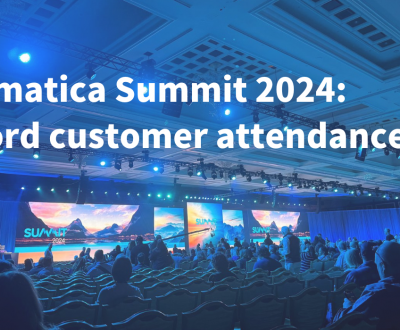
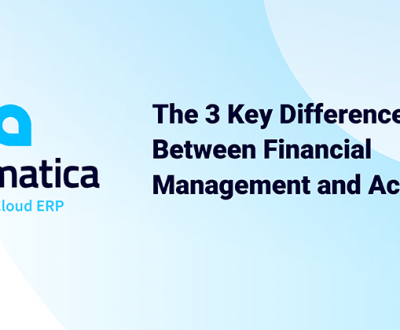
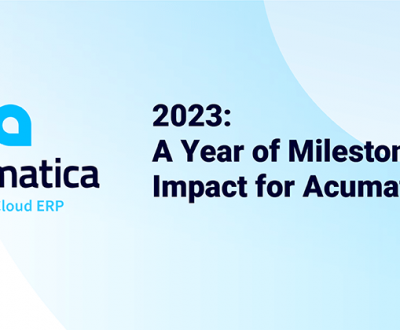
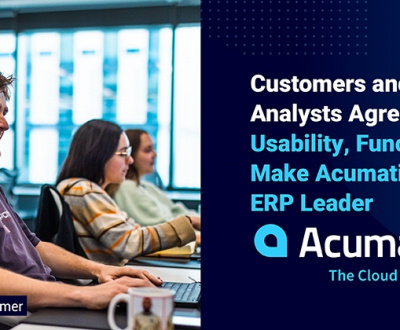
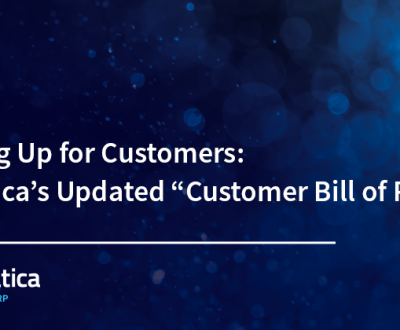

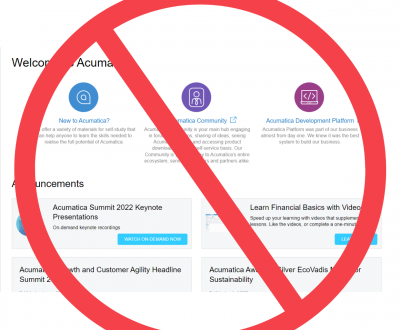
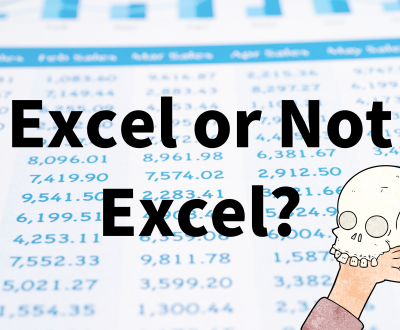
Pingback: Unravelling The Mystery of the Cloud (Part 2) | UK Cloud Accounting Software & Accounting Systems Experts